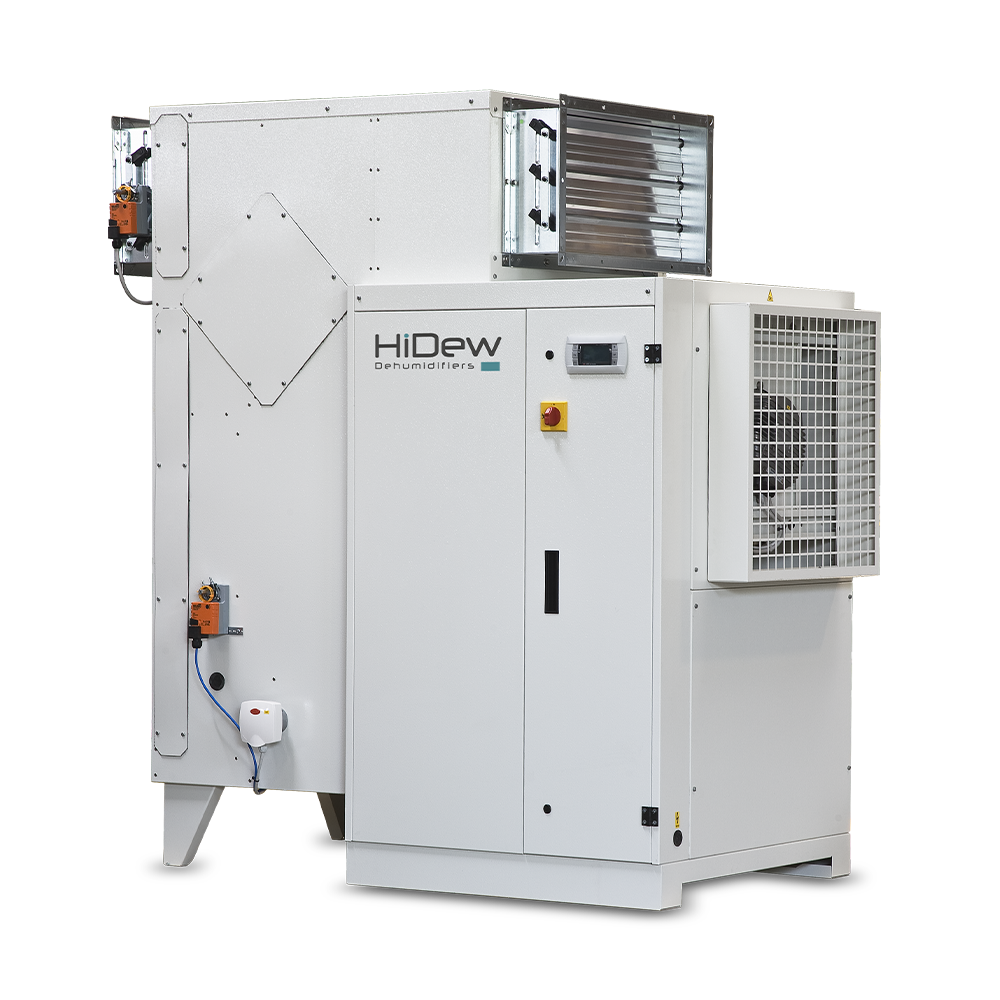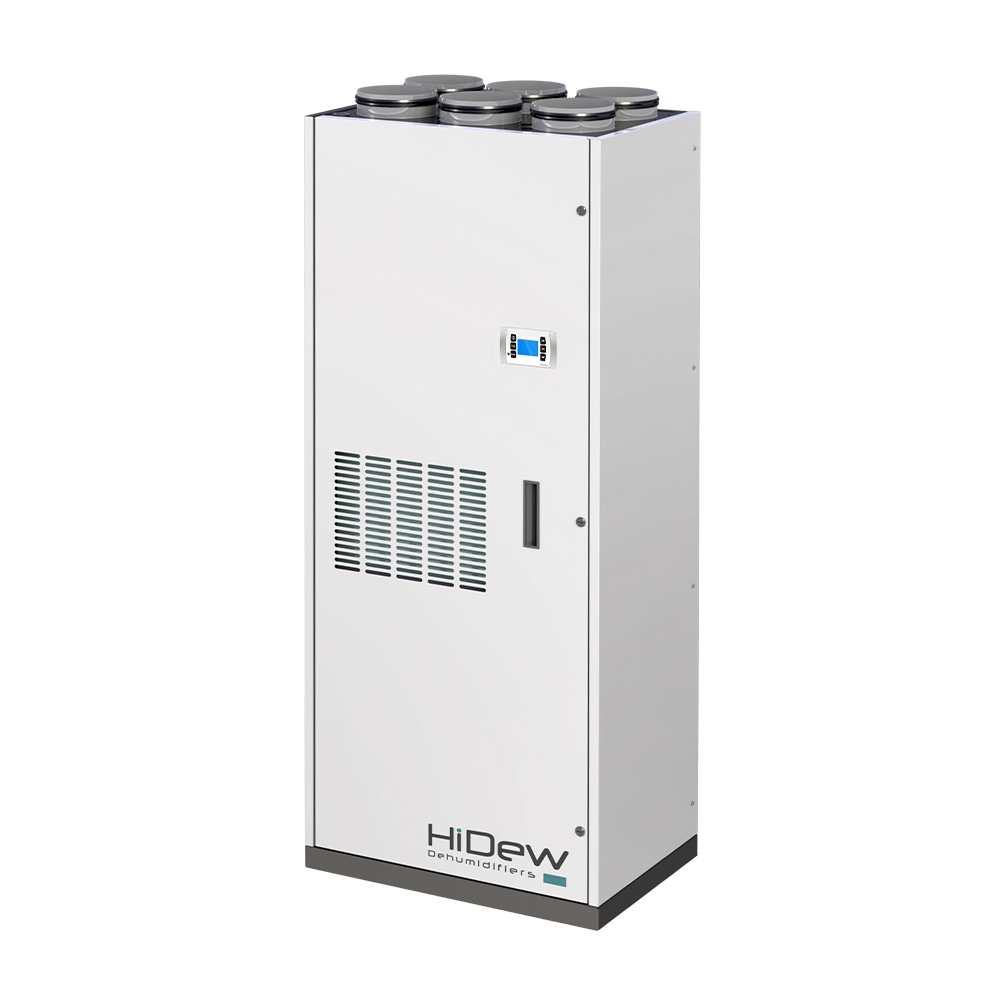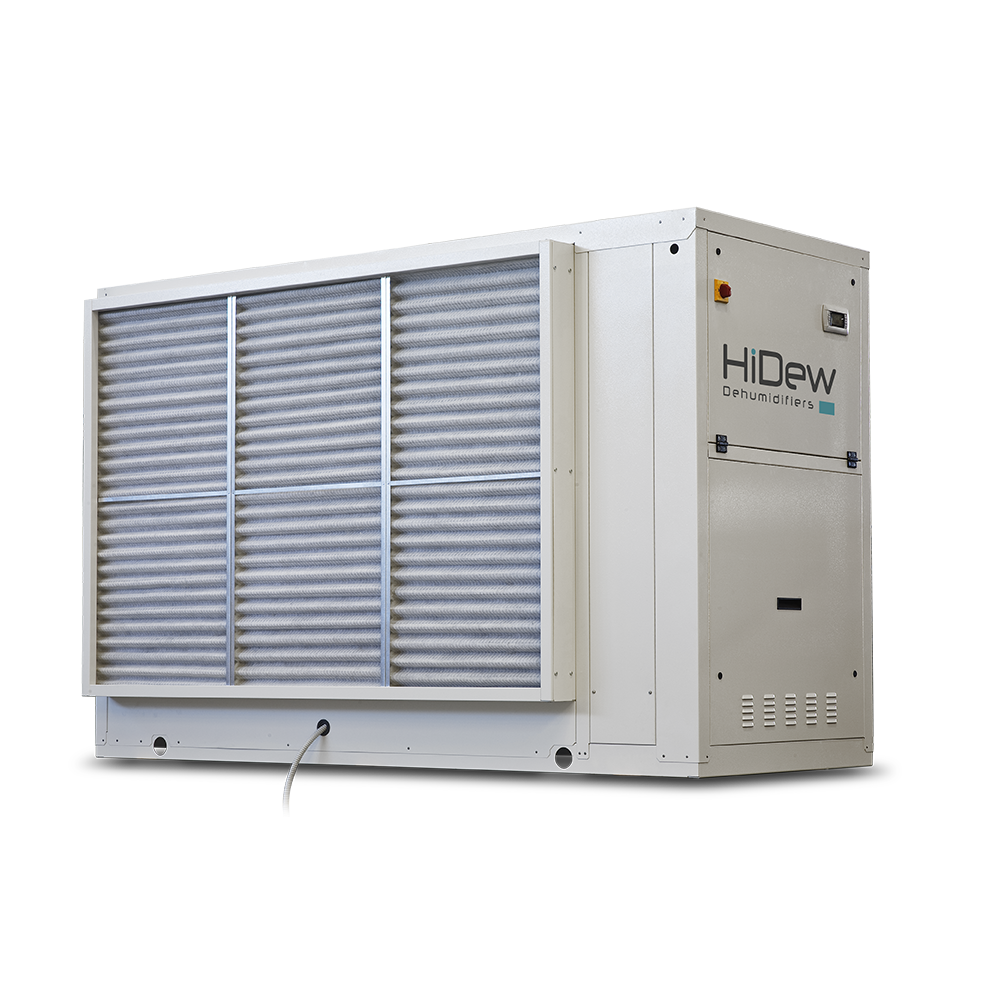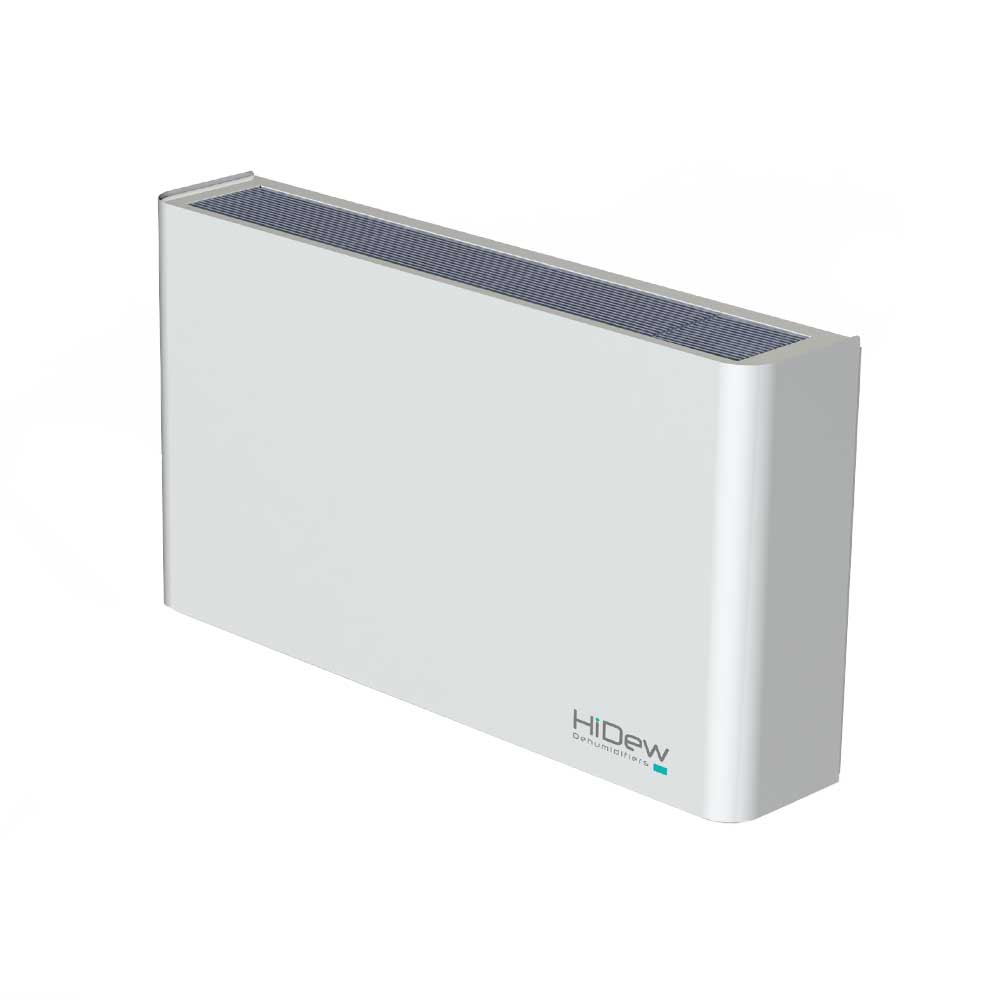Main Menu
Refrigerant Dehumidifiers
Our collection of industrial refrigerant dehumidifiers has been specifically designed to remove moisture from heated commercial and industrial premises. Refrigerant dehumidifiers work well above 15°C and are well suited for removing moisture and preventing condensation in swimming pools, museums, archive rooms, and commercial storage areas.
We stock a range of refrigerant dehumidifiers from HiDew, a leading manufacturer based in Italy to suit both small and large-scale applications.
The HiDew SPR / STR Refrigerant Dehumidifiers provide dehumidification, temperature control and air renewal, without dispersing internal heat outside.
The CCA Air Conditioner from HiDew features humidity control, heating and cooling in one system making it ideal for light commercial humidification and dehumidification.
HiDew Industrial Refrigerant Dehumidifiers are designed for use in high load environments requiring 24hrs/day operation.
The compact range of refrigerant dehumidifiers from HiDew come in multiple different options for installation and are completely autonomous at managing humidity.
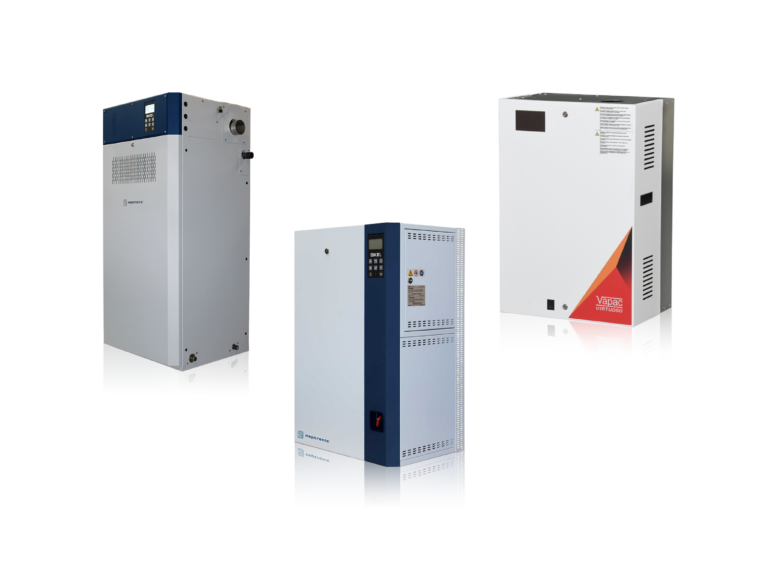 Industrial Humidifiers
Industrial Humidifiers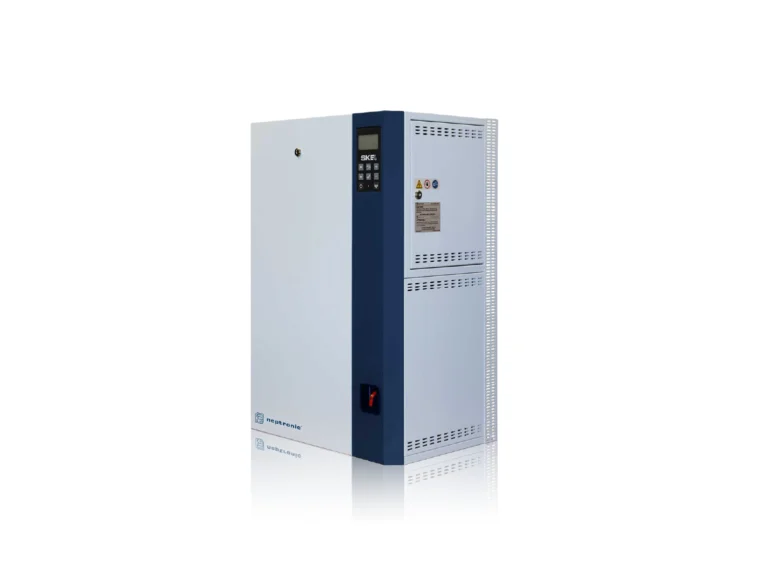 Steam Humidifiers
Steam Humidifiers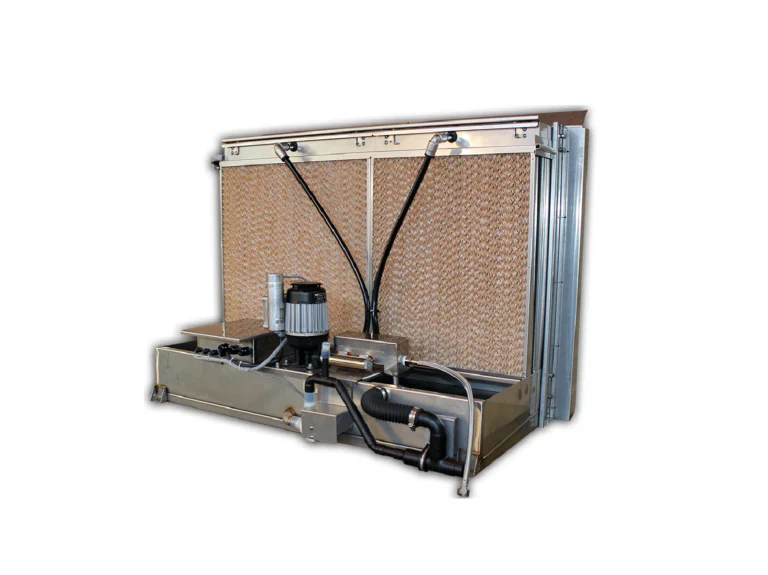 Cold Water Humidifiers
Cold Water Humidifiers Hot Yoga Humidifiers
Hot Yoga Humidifiers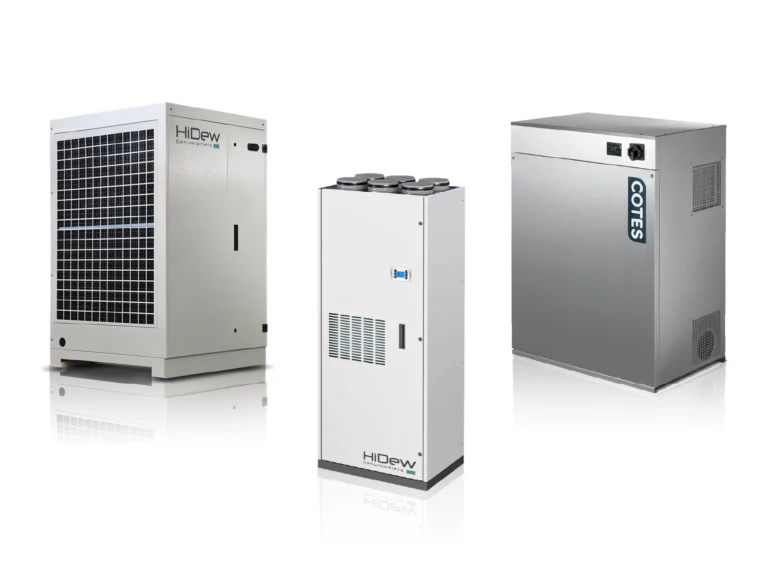 Industrial Dehumidifiers
Industrial Dehumidifiers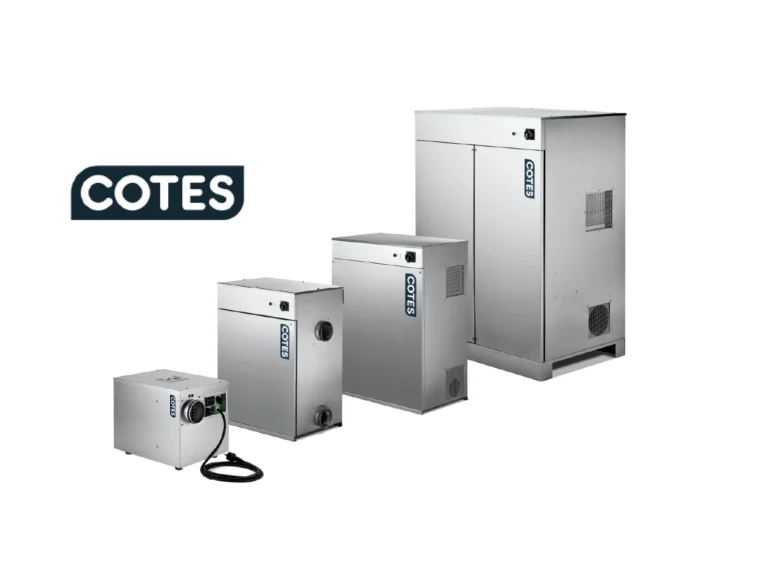 Desiccant Dehumidifiers
Desiccant Dehumidifiers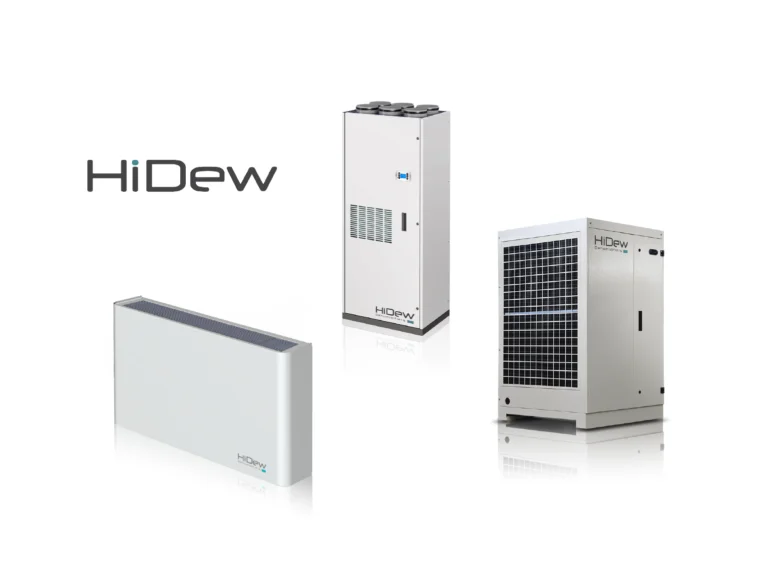 Refrigerant Dehumidifiers
Refrigerant Dehumidifiers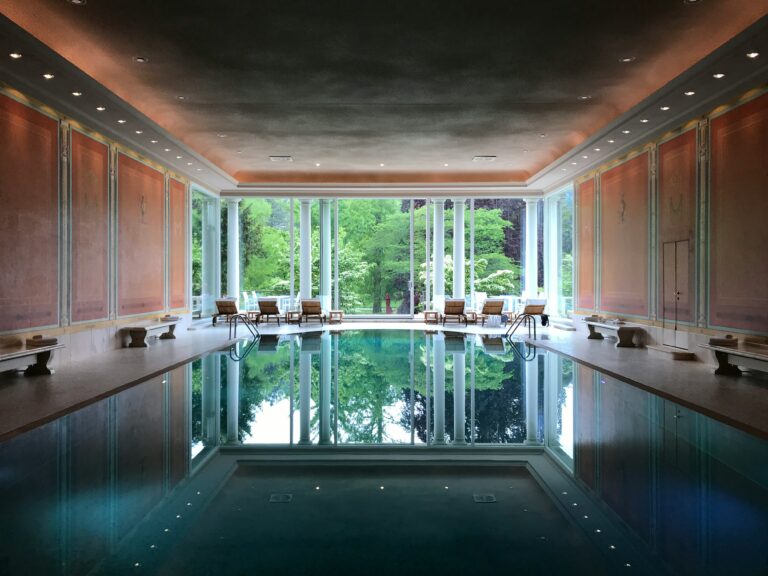 Swimming Pool Dehumidifiers
Swimming Pool Dehumidifiers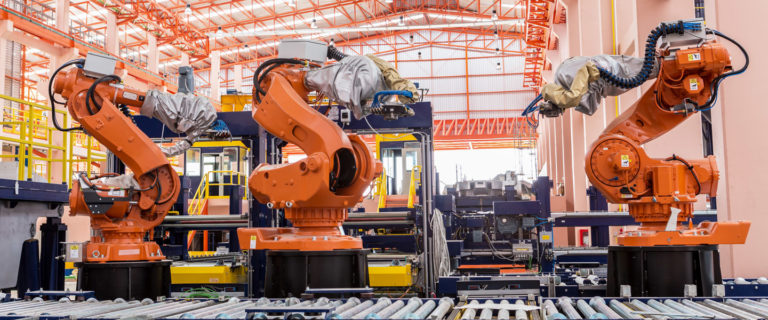 Industrial Products
Industrial Products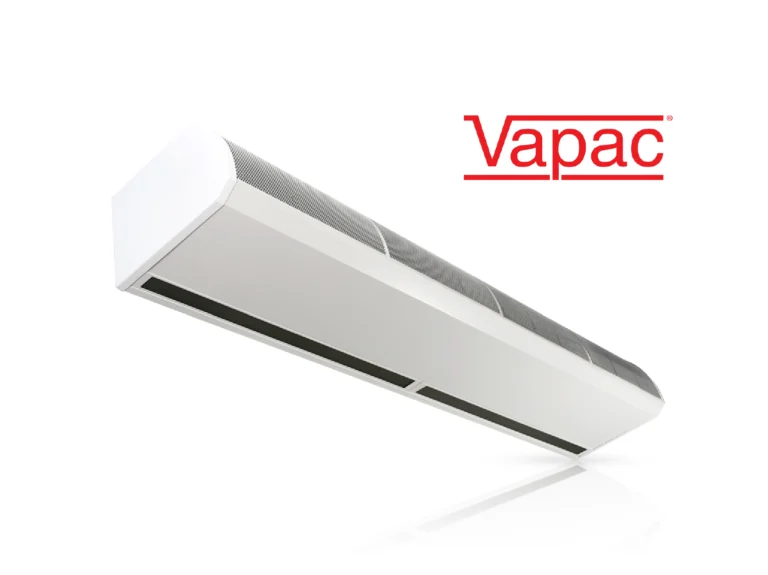 Air Curtains
Air Curtains- Climate Wizard Adiabatic Cooling
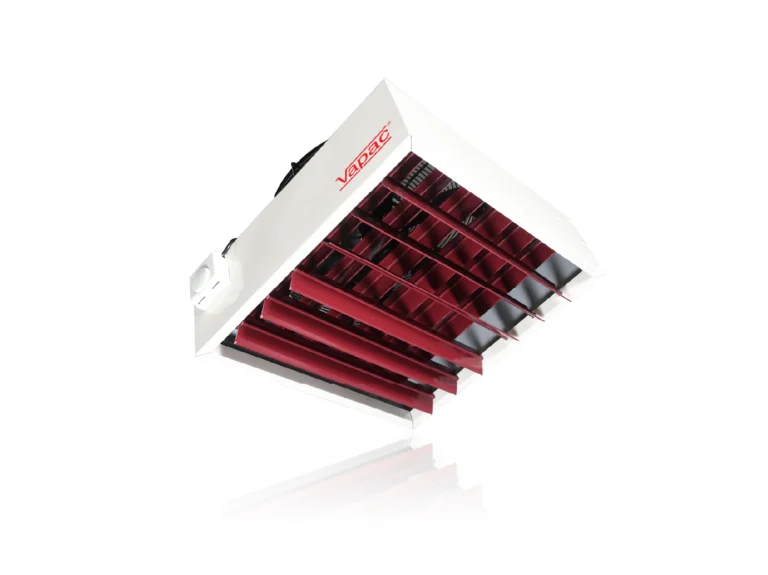 Destratification Fans
Destratification Fans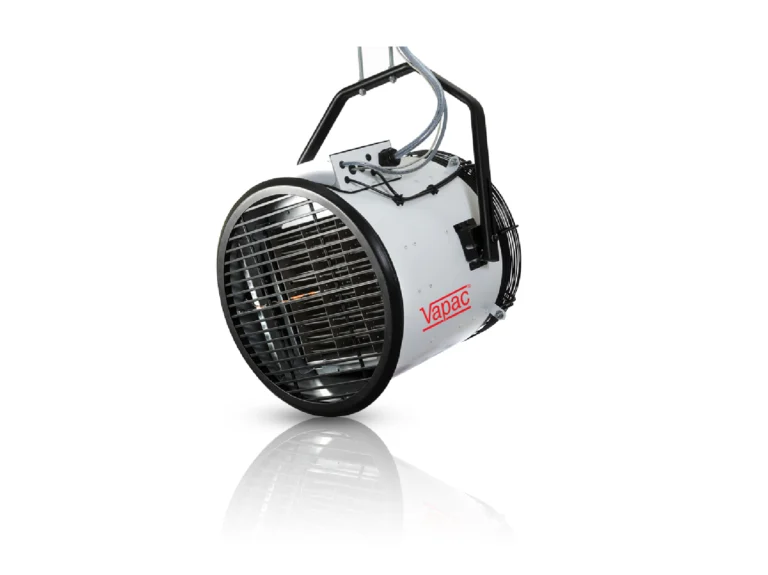 Electric Heaters
Electric Heaters Water Treatment
Water Treatment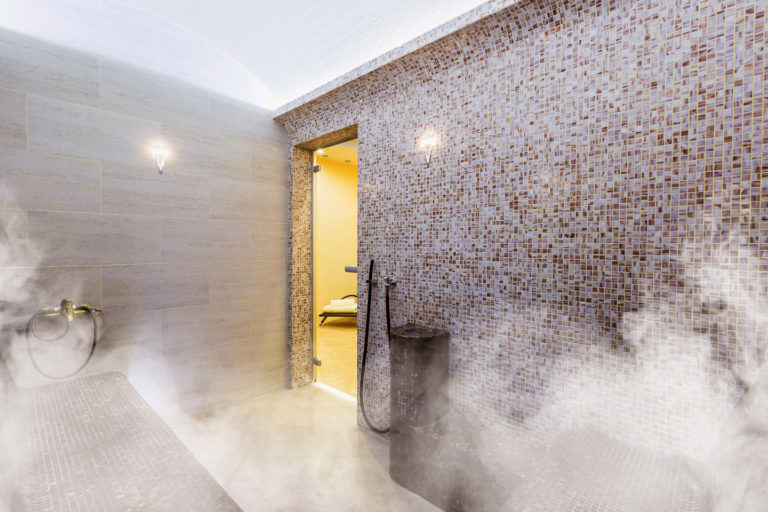 Steam Room Generators
Steam Room Generators
Guide to Industrial and Commercial Refrigerant Dehumidifiers
Refrigerant (condensing) dehumidifiers are a highly effective solution for controlling excess moisture in industrial and commercial environments with temperatures above 15°C and 50% RH.
Operating efficiently in warm, humid conditions, refrigerant units are the go-to option for a wide range of sectors, including manufacturing, warehousing, and indoor swimming pools.
In this guide, we will cover:
- Key features of refrigerant dehumidifiers
- Types of refrigerant dehumidifiers
- Refrigerant dehumidifier applications
- Sizing a refrigerant dehumidifier
How Does a Commercial or Industrial Refrigerant Dehumidifier Work?
Refrigerant dehumidifiers work by drawing in moist air and passing it over a cold evaporator coil, where water vapour condenses into liquid and is then collected or drained away. The dehumidified air is subsequently returned to the space.
These systems are ideal for removing large volumes of moisture in environments with consistent ambient temperatures, providing a simple and energy-efficient method of humidity control.
Key Features of Refrigerant Dehumidifiers
Efficient Moisture Removal in Warm Conditions – Refrigerant dehumidifiers perform best in temperatures above 15°C and 50% RH, making them ideal for heated spaces where humidity needs to be controlled to prevent mould, corrosion, or condensation.
Energy-Efficient Operation – Thanks to their straightforward refrigeration cycle, refrigerant dehumidifiers provide high moisture extraction rates efficiently, particularly in warm, humid conditions.
Durable, Heavy-Duty Build – Industrial-grade refrigerant dehumidifiers are designed to handle high workloads in demanding commercial or industrial environments, with robust construction for long-term reliability.
Simple Installation and Operation – Many refrigerant dehumidifiers can be quickly installed as plug-and-play units, requiring minimal setup or maintenance with user-friendly controls and automatic condensate drainage options.
Refrigerant Dehumidifier Variations and Models
Refrigerant dehumidifiers come in a range of designs to suit different applications and site requirements:
Compact Refrigerant Dehumidifiers provide a space-saving solution when there is limited floor or plant space. These units can be mounted high on the wall or ceiling, perfect for small swimming pools, museums, storage areas, and cellars. Our compact range of refrigerant units is low-noise and discreet, providing efficient humidity control and protecting sensitive materials from moisture damage. Ideal for environments where aesthetics and quiet operation are important, such as galleries, residential wellness spaces, libraries, and heritage buildings.
Industrial Refrigerant Dehumidifiers are suitable for commercial indoor environments that require continuous operation. They are perfect for swimming pools, spas, cellars, and warehouses. Our range of industrial refrigerant units is low-noise and energy-efficient and offers reliable, high-capacity moisture removal.
Heat Recovery Refrigerant Dehumidifiers are all-in-one units that provide dehumidification and heating. These units feature a built-in heat recovery system for maximum energy efficiency and are designed for swimming pool environments. They have enhanced air renewal capacity and a high-efficiency heat recovery system for heavy-duty moisture removal in commercial swimming pools and spa facilities.
Refrigerant Dehumidifier Applications
While refrigerant dehumidifiers are less effective in cold spaces, they are the perfect choice for a wide variety of industrial and commercial applications in warm, humid conditions, including:
Warehouses & Logistics – Maintaining optimal humidity to protect goods, packaging, and machinery from corrosion, condensation, and mould, especially in heated warehouses or distribution centres.
Manufacturing Facilities – Supporting stable production environments by controlling humidity levels that could affect processes, product quality, or machinery performance.
Swimming Pools & Leisure Centres – Controlling high humidity levels, preventing condensation on walls and windows, reducing the risk of corrosion, and improving comfort for users and staff.
Food Production & Packaging – Protecting sensitive products and packaging from moisture-related issues such as spoilage, clumping, and reduced shelf life. A dehumidifier can also significantly reduce the risk of condensation forming in your facility.
Archive & Document Storage – Preserving delicate materials like paper, film, and textiles by keeping humidity levels in the safe range to avoid degradation and mould.
Sizing a Refrigerant Dehumidifier
Choosing the right dehumidifier is critical for ensuring efficient and cost-effective performance. Important factors to consider when sizing a refrigerant dehumidifier include:
Moisture load – Assess internal sources (people, processes, ventilation) and external sources (weather, open doors).
Target humidity level – Define the desired relative humidity (RH) range for the environment, typically 40–60% RH for most commercial spaces.
Volume of the space – Calculate the cubic meter volume of the area to determine the required extraction capacity.
Ambient temperature – Ensure the space stays above 15°C for refrigerant dehumidifiers to operate efficiently.
Airflow requirements – Consider the need for air distribution, existing HVAC integration, or ducted solutions.
Industry-specific requirements – For example, pool environments need corrosion-resistant components and air heating integration.
Energy efficiency – Evaluate running costs and opt for models with energy-saving features where possible.
Installation location – Review site constraints, drainage access, and maintenance requirements.
Need expert help selecting the right refrigerant dehumidifier?
Contact our team for tailored advice or browse our comprehensive range of refrigerant dehumidifiers designed for commercial and industrial use.
